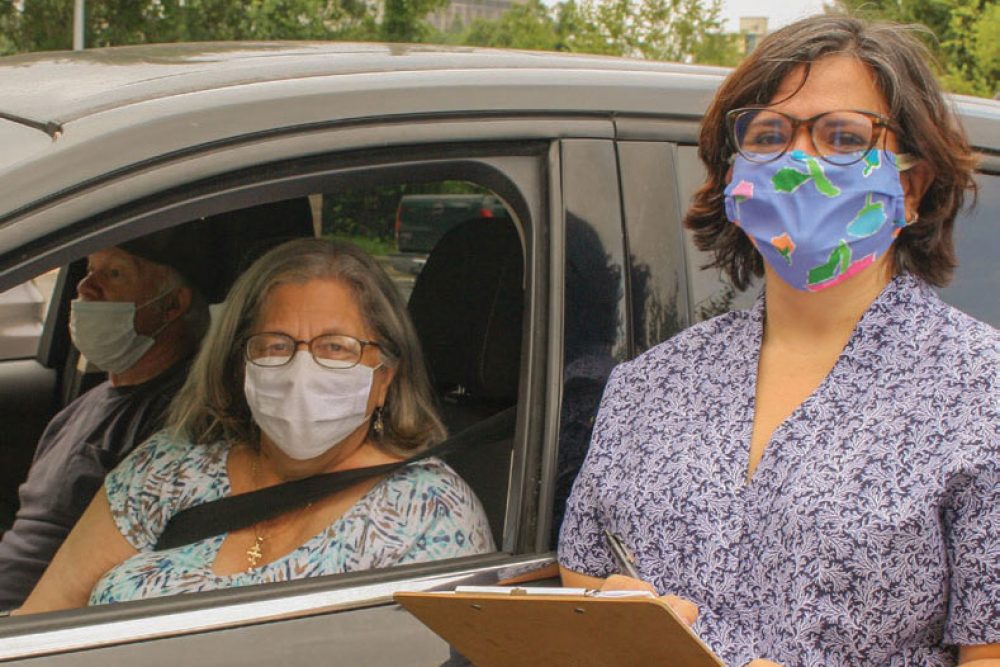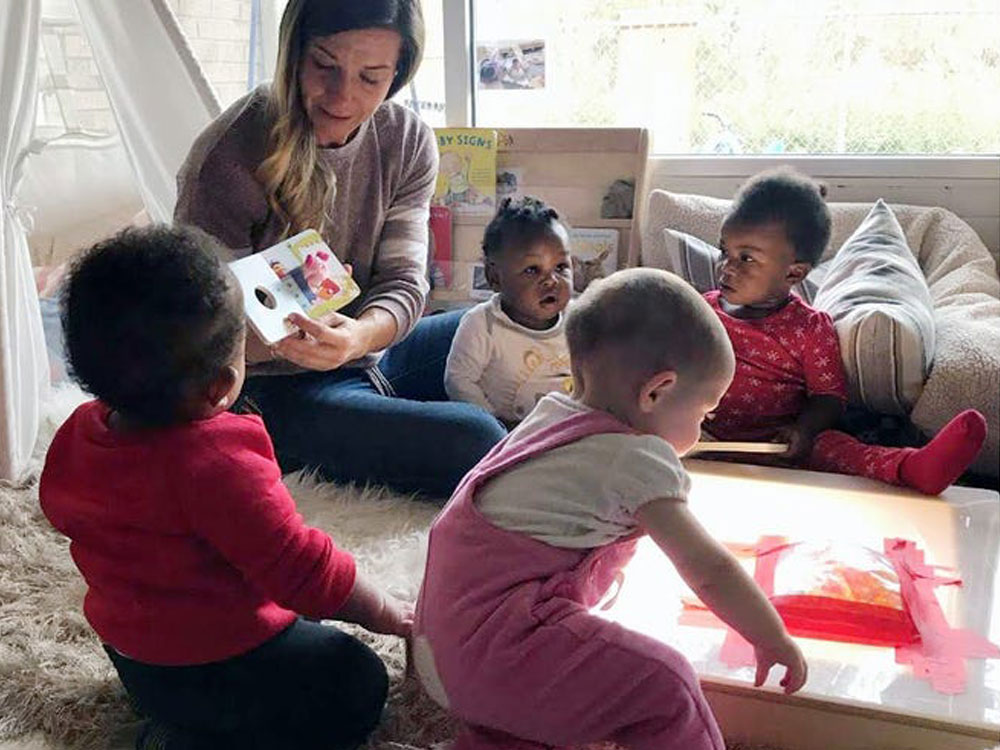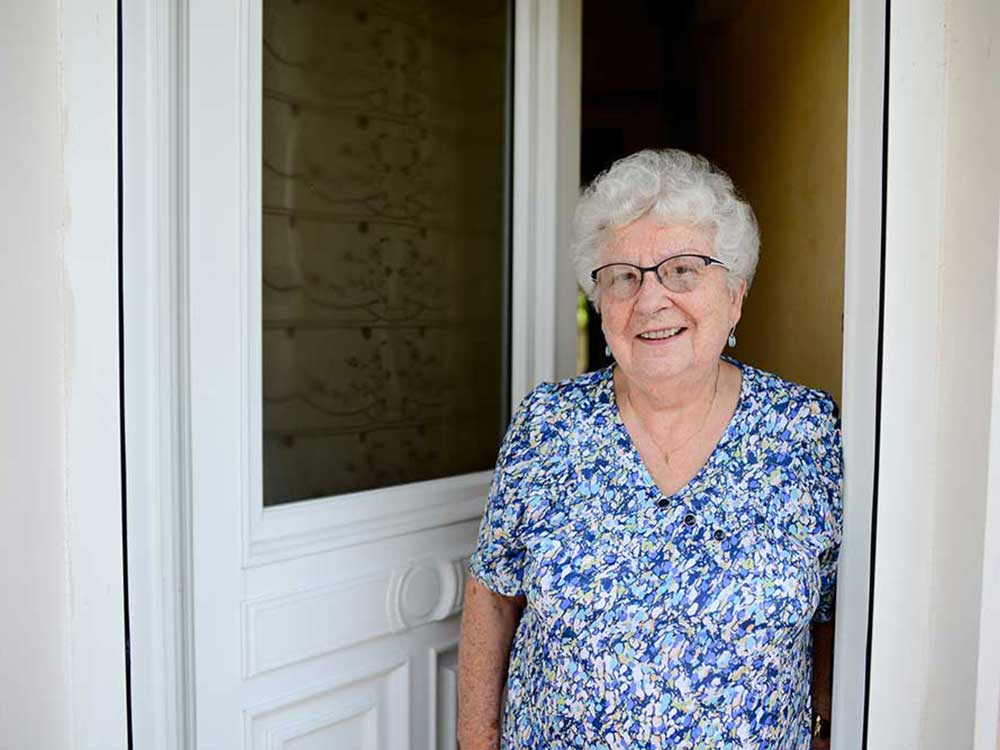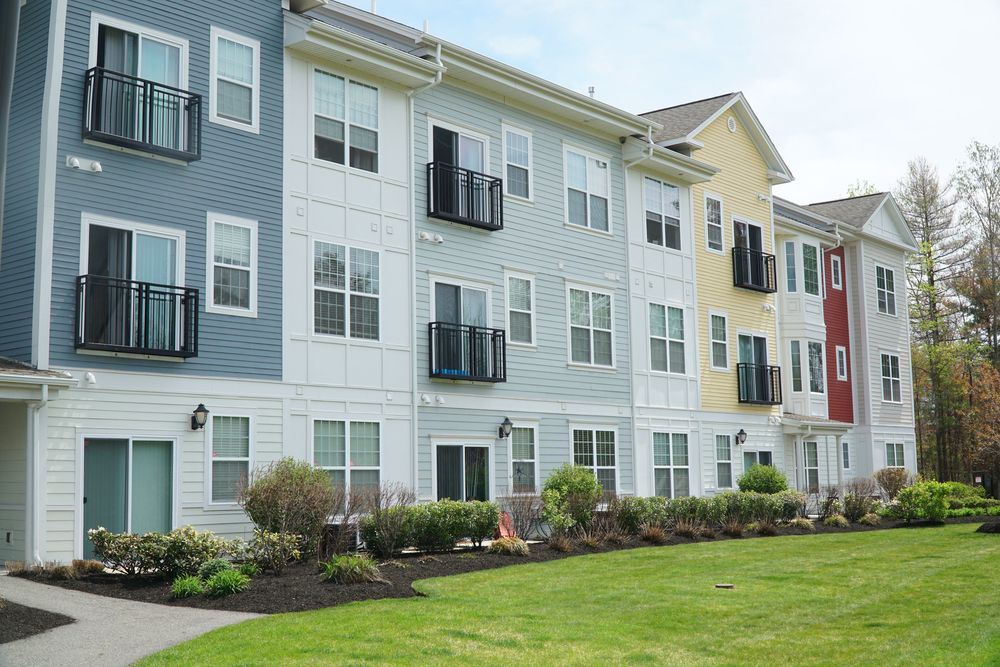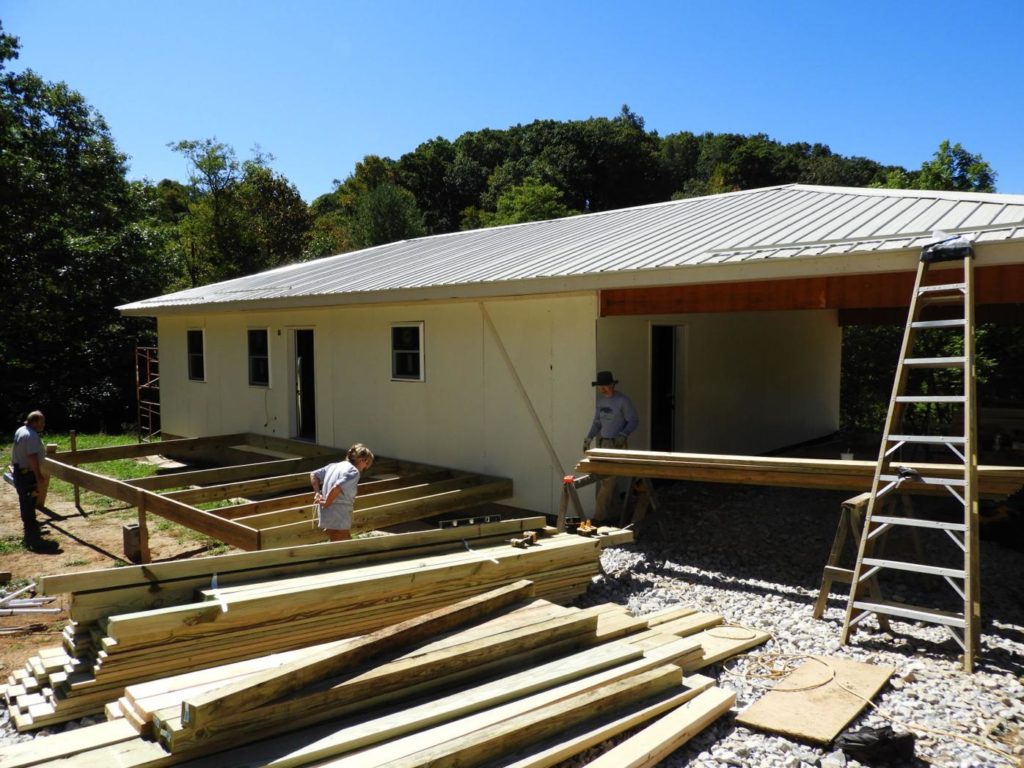Since 1978, Pisgah Legal Services has been providing legal assistance and advocacy to help low-income people in Western North Carolina meet their basic needs and improve their lives. Annually, PLS helps more than 18,000 of the most vulnerable people across WNC communities meet urgent needs such as housing, safety from abuse, healthcare, and income.
In 2020, PLS quickly adapted to the challenges of COVID-19 and how the virus threatened many individuals and families with loss of healthcare coverage and homelessness. A grant from Dogwood Health Trust helped PLS reach out to many who had lost health insurance due to lost employment, allowing those without coverage to take advantage of a small window of opportunity to enroll in coverage. Now, PLS is focused on the official open enrollment period for healthcare coverage under the Affordable Care Act, which begins November 1 – December 15, 2020.
“This is the most critical open enrollment period of my career – and I’ve been at Pisgah Legal Services for all of them, says Jaclyn “Jackie” Kiger, Chief Operations Officer. “With high unemployment and the fact that North Carolina hasn’t expanded Medicaid, there are many more uninsured people. We are seeing people who have lost jobs, income, and insurance and also are struggling with the unemployment benefit system.”
The loss of jobs and income is also threatening housing stability for many. The CDC issued a moratorium on some evictions, but that order will expire by the end of the year, pushing evictions into the coldest winter months. PLS’s 32 staff attorneys and some of its 300 volunteer lawyers work to contact people named in eviction court filings to screen them for service and explain their rights as tenants.
When possible, PLS advocates for rental assistance and helps residents secure longer-term leases that will keep them housed through the winter.
“I’m grateful that housing is being discussed in public health conversations, because the two certainly go hand in hand,” says Kiger. “Housing is an absolutely critical social determinant of health.”
More than 1,000 people a week call PLS seeking assistance, signaling an increase in need. PLS serves its clients through six offices Asheville, Burnsville, Brevard, Hendersonville, Marshall, Rutherfordton, and most recently Highlands/Cashiers. Its health and immigration law services are available to residents of all 18 WNC counties.
The ability to offer services so broadly comes from the support and engagement of volunteers far beyond the PLS staff. “We get tremendous support from all of the attorneys who share their time and expertise pro-bono,” says Kiger. “Our work truly would not be possible without them.”

